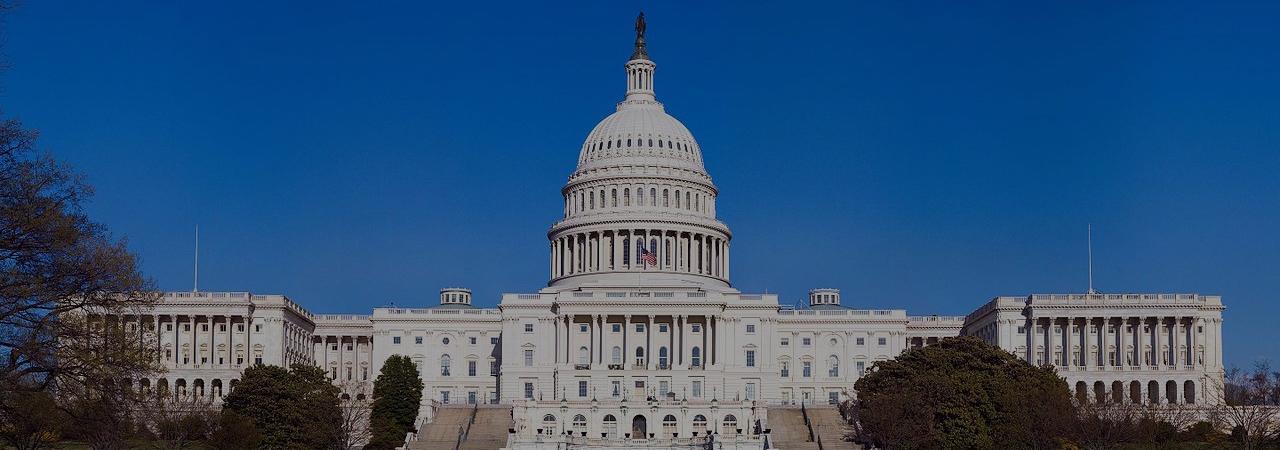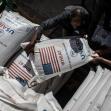

Media CenterG7 Heads of State Must Transform the Global Food System

FOR IMMEDIATE RELEASE
CONTACT:
Nikki Gamer
Catholic Relief Services
[email protected]
(978) 884-0003
The fragility of the world’s food systems is on display this year as hunger and malnutrition rates continue to climb. The attention of the G7 leaders to this important issue must lead to action that will transform the global food system so that it is resilient, inclusive and nutritious in the face of challenges like climate change and conflict.
Across the globe, around 276 million people face acute food insecurity, including 49 million people who are experiencing IPC phase 4 Emergency level of worse. Between the Sahel and the Horn of Africa regions, millions of people are facing drought and famine-like conditions, including the 18.4 million people across Ethiopia, Kenya and Somalia who need immediate food assistance because of prolonged drought impacts. Madagascar, Yemen and Afghanistan also face severe hunger crises.
The G7 statements blame the war in Ukraine for the global rise of food prices and insecurity. This increasing worldwide lack of access to food is further exacerbated by other unprecedented crises, including adverse impacts of climate change and the Covid-19 pandemic, which has triggered income losses and supply disruptions.
Prevention of and responses to hunger and malnutrition crises remain woefully underfunded. Solidarity for Ukraine produced a quick response by the international community. Let this be a precedent for addressing severe humanitarian crises.
In the long term, though, we must improve our current global food systems, which contribute to global warming, air and water pollution, deforestation, biodiversity loss, soil degradation, the emergence of diseases and human rights violations such as land grabbing. According to a recent UNCCD report, the current production modes of food and agricultural commodities cause 80% of forest loss and 70% of freshwater consumption, are the greatest cause of species loss on land and accelerate global warming. In addition, our food system is vulnerable to the climate crisis, with extreme weather events driving up food prices risking societal conflict and political instability.
While immediate action is needed, we must also address the structural causes of the problem: “It is not enough to produce food. We need a new mindset and a new holistic approach,” said Pope Francis in 2021.
To ensure food security and transform food systems we must focus on the needs of women and smallholder producers who are responsible for 60 to 80% of food production in developing countries. Solutions to this crisis must also adhere to our commitment to limit global temperature rise 1.5C.
CARITAS CALLS ON THE G7 HEADS OF STATE TO IMMEDIATELY ADDRESS THE FOLLOWING RECOMMENDATIONS:
- Do not reduce the dire situation of people only to an argument in current political tensions but address the structural root cause of the problem: Industrial agriculture is not the only pathway to food justice.
- Close financing gaps to respond to current neglected crises and to mitigate and address the slow onset crises of tomorrow. Response modalities must be tailored to the local context and market conditions.
- Fund debt cancellation for the national governments that are struggling with food import bills and Covid-19 related spending to prevent further economic distress.
- Increase humanitarian funding for local actors for faster results and to build more resilient structures. Include local producers and consumer – especially women small-scale farmers who have less access to financing, land, production inputs and agricultural extension services – in local policymaking processes.
- Align the production pillar of the Food and Agriculture Resilience Mission (FARM) with strengthening local markets and supply chains driven by community-based traditional agriculture and support the agroecological transition of local food systems. The response must be centered on the needs of local people and communities, and promote robust sustainable local markets, access to land rights, credit, production resources and seeds capital.
- Allocate funds, especially through climate financing, to programs that promote agroecology and enhance small scale farmers’ ability to tackle different drivers of hunger, conflict and environmental degradation. Small-scale farmers produce one-third of the world’s food but receive only 1.7% of climate finance. The global crisis response deploys financial resources for their needs, build local and sustainable energy sources and facilitate trade for adaptive inclusive prosperity.
- Lead in mobilizing finance and constructively engaging in UNFCCC work on the post-2025 finance goal. G7 governments must commit to reaching the $100 billion climate finance level in 2022 and ensuring that in 2020-2025 the amount of climate finance grants to developing countries increases steadily each year. The funding for adaptation must be at the same level as the funding for mitigation. For the most vulnerable countries and communities, access to climate finance must not increase their debt burden.
- Fund and scale up partnerships with vulnerable countries to allow for social protection mechanisms that protect the most vulnerable households against the effects of shocks and stressors on food security.
- Influence the World Trade Organization to strengthen global trade rules to stop export restrictions and take the necessary steps to update the WTO rulebook on agriculture. Exceptions should be made for countries that face their own food security crises.
- Ensure that solutions for today’s urgent problems do not further exacerbate climate change impacts and increase hunger in communities, now and in the future. This includes standing by current conservation and climate change commitments and ensuring that land is used for crop production and not encouraging conversion of food crops to energy.
- Stop climate-damaging subsidies which counteract any decarbonization efforts. Develop a holistic concept of agriculture striving for production that is adapted to the location, preserves resources and nature, is animal-friendly and socially acceptable. A reduction in milk and meat production by one-third until 2025 would significantly reduce protein feed imports and thus benefit climate protection.




